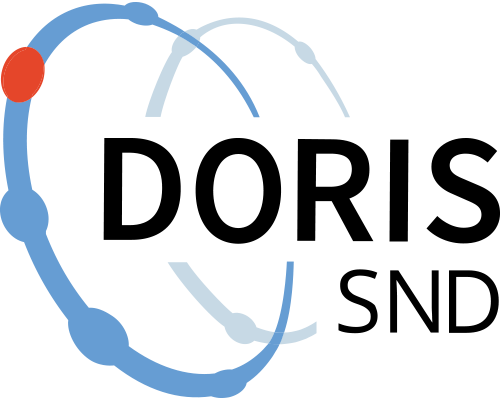Methodology for sustainable school meal recipes: A trade-off between iron bioavailability, climate impact and taste preferences
https://doi.org/10.5878/736k-pa40
This study investigates how to develop school meal recipes that balance nutritional needs, climate impact, and taste preferences. The study focuses on iron absorption from plant-based alternatives compared to meat, and how these affect both nutritional value and carbon footprint. The methodology includes recipe development, cooking experiments, and consumer evaluations to optimize recipes that are both nutritious and environmentally friendly, while also being palatable for students.
The data files contain information on:
Consumer Evaluations: Data from taste tests and preference surveys with participants evaluating different recipe variants. These evaluations provide insights into taste preferences and acceptance of various meals.
Nutritional Calculations: Data from nutritional calculation programs that analyze the nutritional content of the different recipes, including total iron content and absorbable iron.
Climate Calculations: Data from climate databases used to calculate carbon dioxide emissions (CO2e) from the different recipes.
Cooking Experiments: Practical experiments where different recipe variants are prepared and adjusted to optimize nutritional value, taste, and climate impact.
Participant Information: Demographic data about the participants in the consumer evaluations, including age, gender, and any dietary restrictions.
Data files
Data files
Documentation files
Documentation files
Citation and access
Citation and access
Data access level:
Creator/Principal investigator(s):
- Maja Elf - University of Gothenburg - Department of Food and Nutrition, and Food Science
- Josephine Pettersson - University of Gothenburg - Department of Food and Nutrition, and Food Science
Research principal:
Data contains personal data:
No
